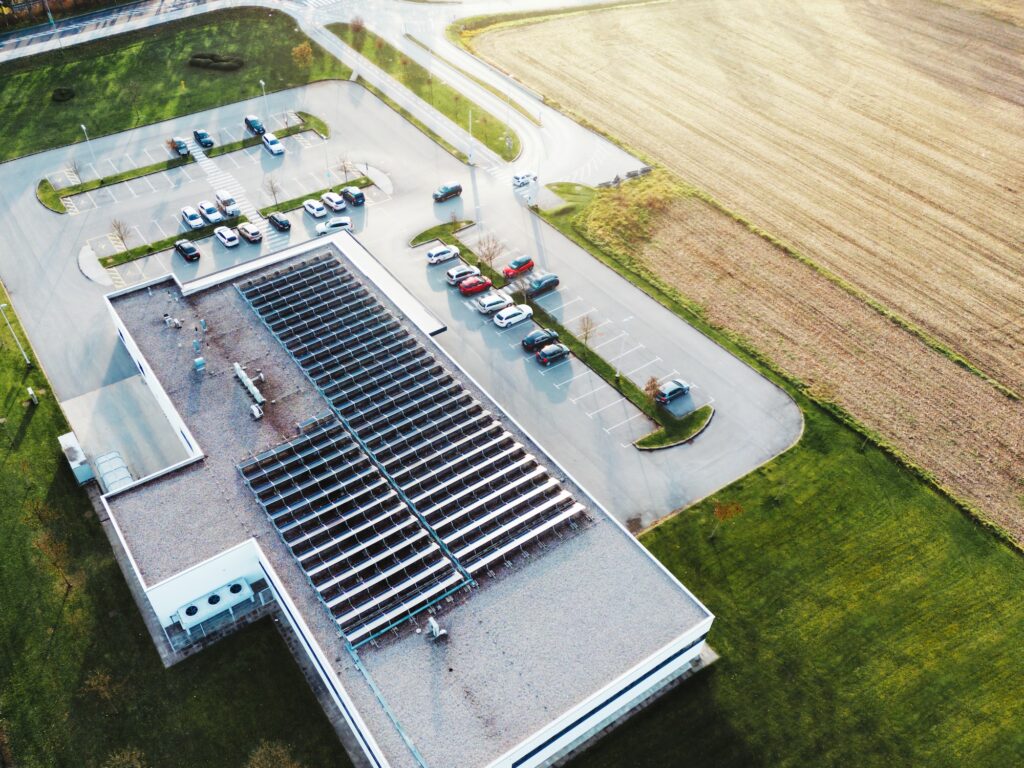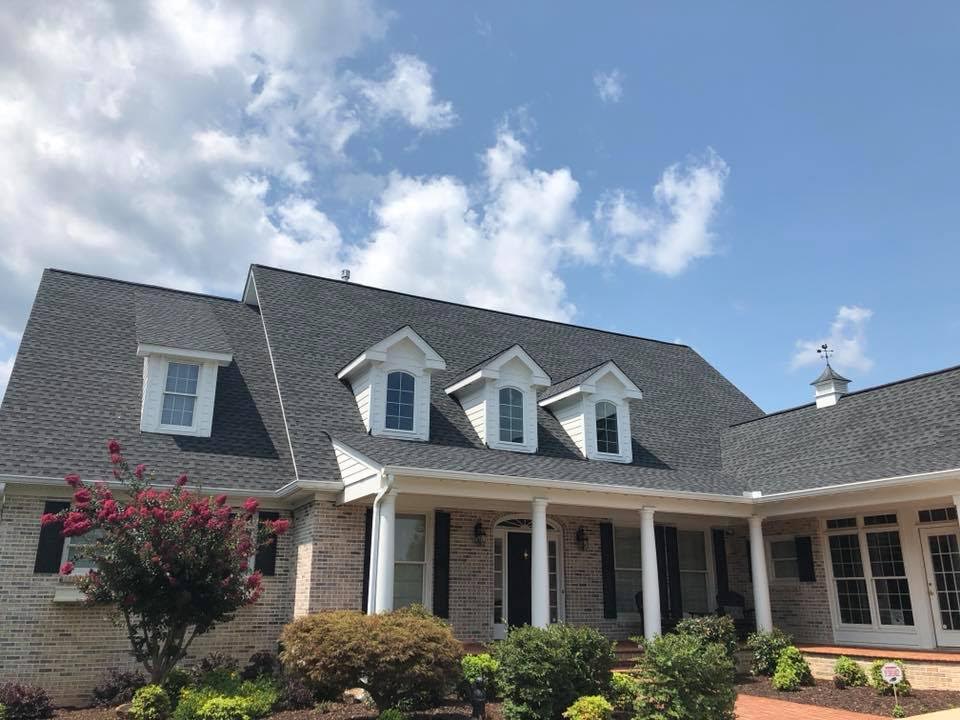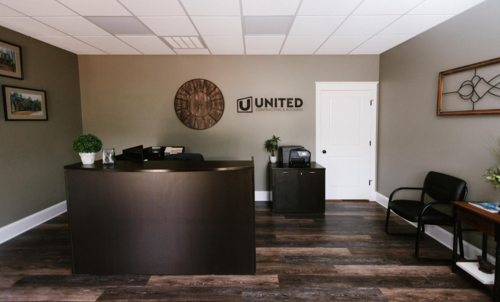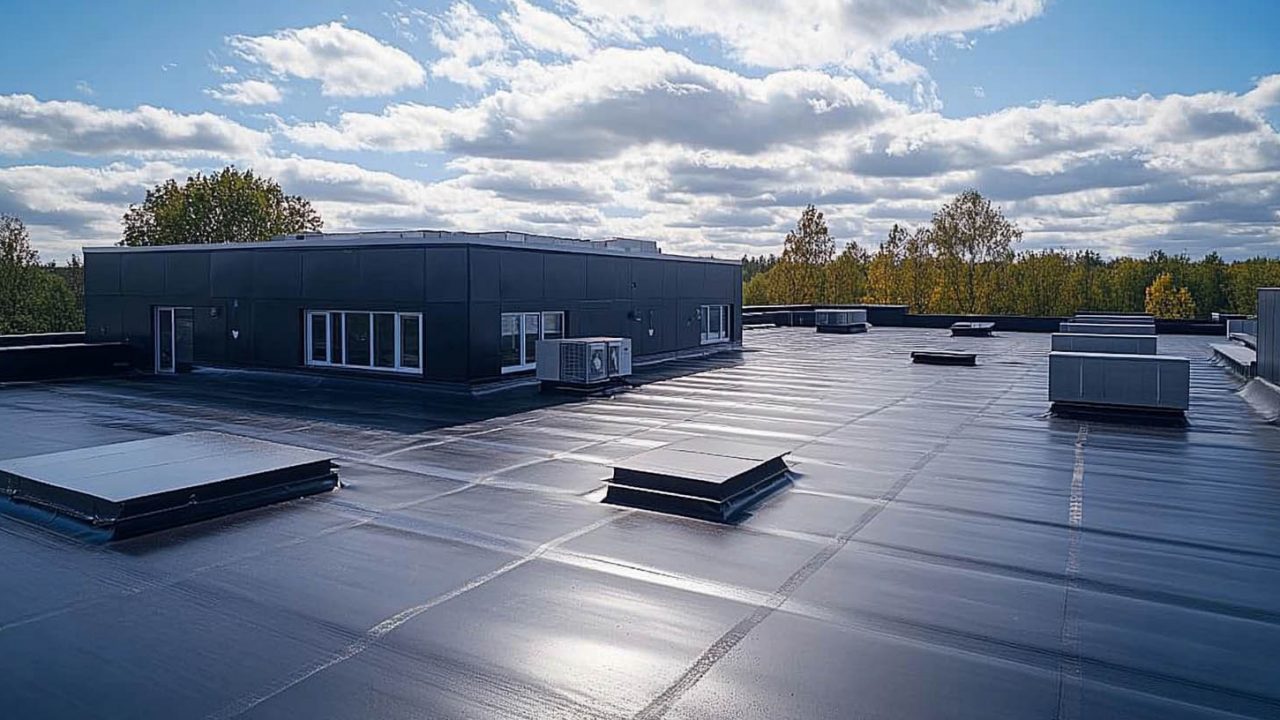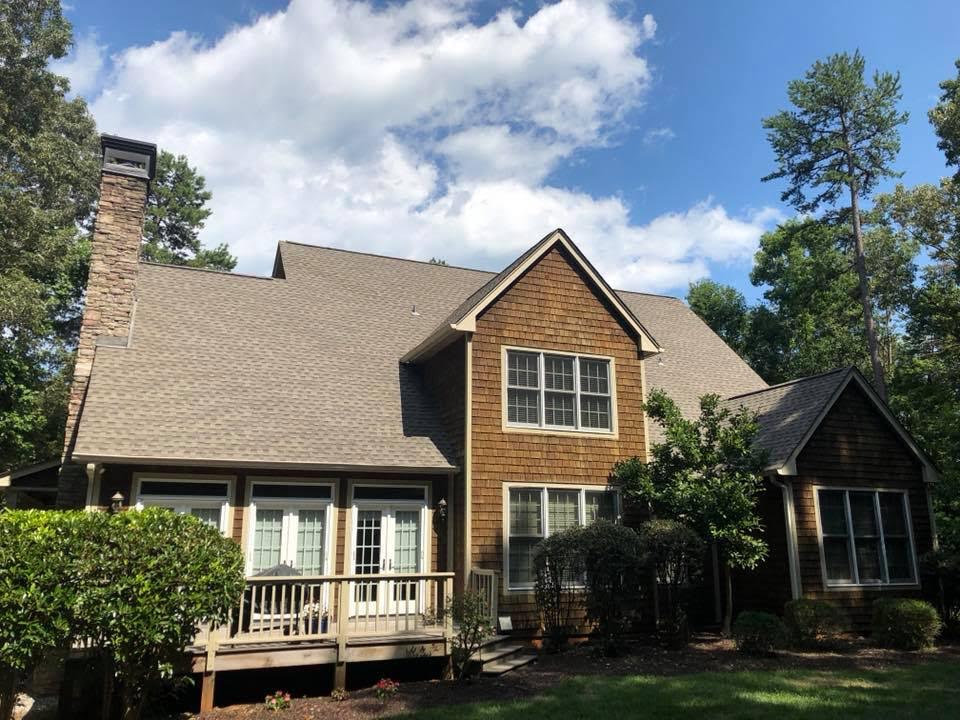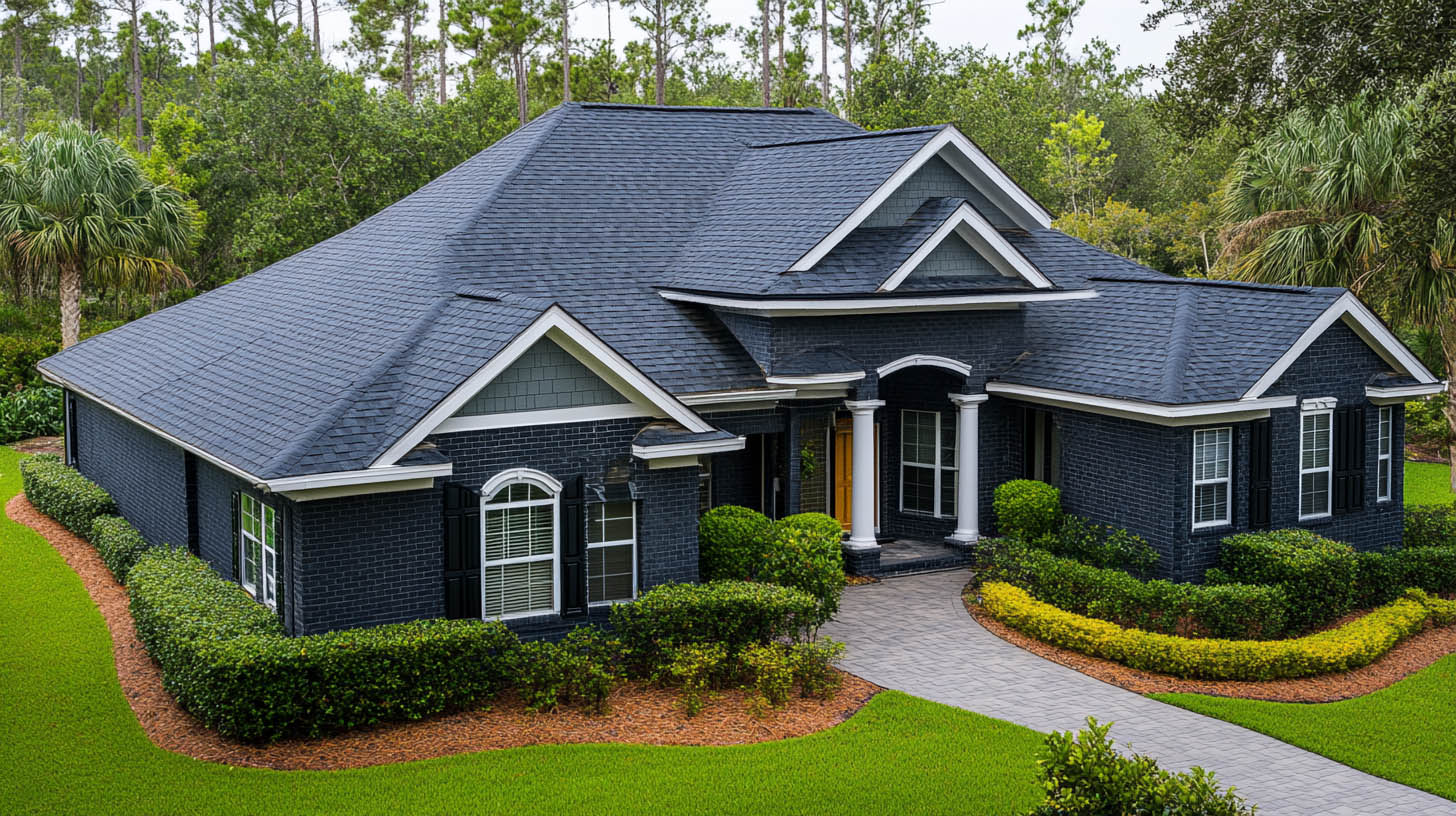Navigating the world of commercial roofing can be challenging, especially if you’re not a roofing expert. Your commercial property’s roof is a significant investment, and it’s essential to understand the potential issues with common roofing materials like TPO (Thermoplastic Polyolefin) and PVC (Polyvinyl Chloride). At United Contracting & Roofing LLC in Greenville, SC, we strive to keep you informed so you can make the best decisions for your property.
Understanding TPO Roofs: Essentials for Commercial Properties
What is a TPO Roof?
TPO roofing systems are single-ply membranes commonly used in commercial roofing. Made from ethylene propylene rubber and polypropylene, TPO roofs are known for their heat-reflective properties, durability, and resistance to mold growth and impact damages. This makes them an excellent choice for buildings such as warehouses and strip malls, where maintaining a cooler temperature is beneficial.
Benefits of TPO Roofs
- Cost-Effective: TPO roofs are generally less expensive than other single-ply membranes, making them a popular choice for commercial properties.
- Energy Efficiency: The white surface of TPO roofs reflects sunlight, reducing cooling costs.
- Durability: TPO membranes are resistant to tears, punctures, and chemical exposure.
Uncovering the Basics of PVC Roofing for Commercial Buildings
What is a PVC Roof?
PVC roofing systems are also single-ply membranes used primarily for commercial properties. Composed of ethylene and chlorine, PVC roofs are highly durable and offer excellent chemical resistance. This makes them ideal for buildings with grease traps on the roof, such as restaurants and food courts.
Benefits of PVC Roofs
- Chemical Resistance: PVC roofs are highly resistant to chemical exposure, making them suitable for industrial and commercial applications.
- Fire Resistance: PVC membranes have a high fire resistance rating.
- Long Lifespan: With proper maintenance, PVC roofs can last over 20 years.
Identifying Key Red Flags in TPO and PVC Roofing Systems
Despite their benefits, TPO and PVC roofs can exhibit specific issues over time. Here are some common red flags to watch for:
Addressing Water Pooling Issues on TPO and PVC Flat Roofs
Water pooling is a significant concern for flat roofs. After a heavy rain or storm, pooling water can lead to structural damage if not addressed promptly. The excess weight from the water can cause the roof to sag and eventually lead to leaks and water damage inside the building. If you notice water pooling on your roof, contact a professional roofer immediately to assess and address the problem.
Tackling Mold Issues: A Key Indicator of Roofing Problems
Mold growth is another red flag for TPO and PVC roofs. Mold thrives in moist environments, and its presence can indicate underlying water intrusion issues. Mold can spread rapidly, causing health problems for building occupants and further damaging the roof structure. If you detect mold on your roof or inside your building, it’s essential to have a professional inspection to determine the source and extent of the problem.
Identifying Ceiling Moisture: Distinguishing Roofing Concerns from Other Causes
Moisture on the ceiling can be a sign of a roof leak, especially if it’s occurring on the top floor of your building. While condensation from HVAC systems can also cause ceiling moisture, frequent or persistent damp spots likely indicate a problem with your roof. A professional roofer can help determine whether the moisture is due to a roof leak or another issue.
Recognizing Rot as a Consequence of Roofing Issues
Rot occurs when water, moisture, and mold combine over time. It can weaken the roof structure, leading to severe damage if not addressed. Rot often goes unnoticed in areas with little to no foot traffic, making regular roof inspections crucial for early detection and repair.
When to Repair or Replace Your TPO or PVC Roof
Knowing the warning signs of TPO and PVC roof issues allows you to take prompt action. If you notice any of the red flags mentioned above, it’s vital to consult with a professional roofing contractor. They can assess the condition of your roof and recommend the best course of action, whether it’s a repair or a complete replacement.
Finding the Right Roofing Contractor
Selecting the right contractor is critical to ensuring the longevity and performance of your roof. At United Contracting & Roofing LLC, we offer expert services for TPO and PVC roofing systems. Our team is dedicated to providing top-quality workmanship and the best warranties in the industry.
Conclusion
Maintaining a TPO or PVC roof involves understanding potential issues and addressing them promptly. By being aware of red flags like water pooling, mold, ceiling moisture, and rot, you can protect your commercial property from significant damage. Trust United Contracting & Roofing LLC to provide the expertise and services needed to keep your roof in optimal condition.For more detailed information on roof coatings, click here.

